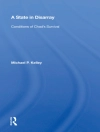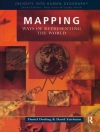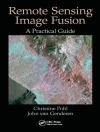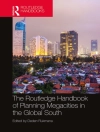Choice Outstanding Academic Title for 2015
In recent years, immigration researchers have increasingly drawn on the concept of social capital and the role of social networks to understand the dynamics of immigrant experiences. How can they help to explain what brings migrants from some countries to others, or why members of different immigrant groups experience widely varying outcomes in their community settings, occupational opportunities, and educational outcomes?
This timely book examines the major issues in social capital research, showing how economic and social contexts shape networks in the process of migration, and assesses the strengths and weaknesses of this approach to the study of international migration. By drawing on a broad range of examples from major immigrant groups, the book takes network-based social capital theory out of the realm of abstraction and reveals the insights it offers.
Written in a readily comprehensible, jargon-free style, Immigrant Networks and Social Capital is appropriate for undergraduate and graduate classes in international migration, networks, and political and social theory in general. It provides both a theoretical synthesis for professional social scientists and a clear introduction to network approaches to social capital for students, policy-makers, and anyone interested in contemporary social trends and issues.
Inhaltsverzeichnis
Introduction: Beyond Individual Migration 8
1 Social Networks in Immigration 15
2? Immigration and Social Capital 24
3? Networks Within and Across Nations 41
4? Family Ties 61
5? Enclaves, Neighborhoods, and Communities 76
6? The Role of Formal Institutions 94
7? Adaptation: Employment and the Economy 108
8? Adaptation: Educational Attainment and Achievement 126
Conclusion: Networks, Social Capital, and Immigrants 143
Reference 150
Index 166
Über den Autor
Carl L. Bankston III is an American sociologist and author. He is best known for his work on immigration to the United States, particularly on the adaptation of Vietnamese American immigrants, and for his work on ethnicity, social capital, sociology of religion and the sociology of education.












